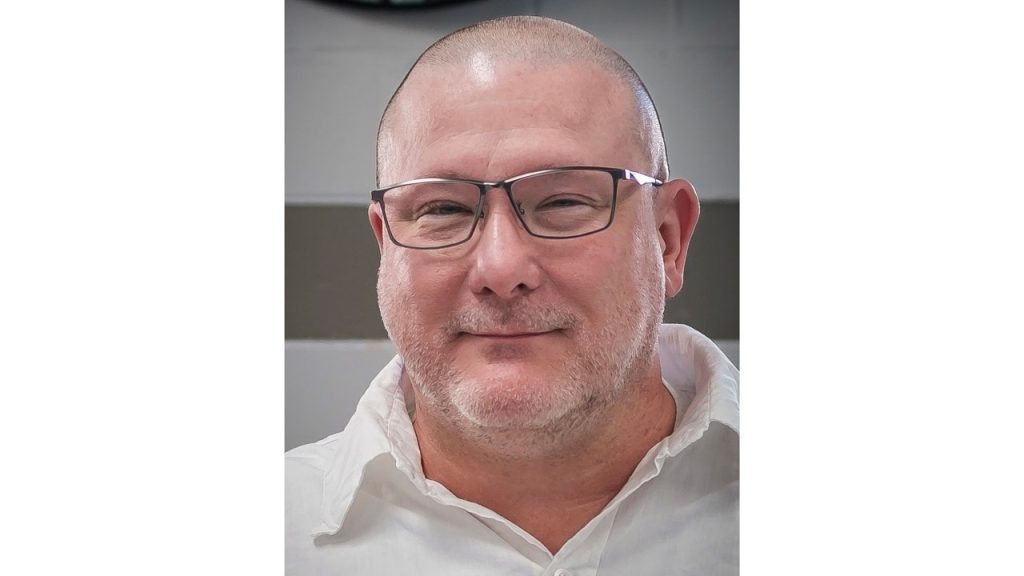Attorneys for Missouri death row inmate Brian Dorsey are fighting to spare him from execution through a series of appeals. They argue that the state’s execution protocol allows for “surgery without anesthesia” if a suitable vein for lethal injection cannot be found. Dorsey, convicted of a 2006 double homicide, is set to be executed for killing his cousin and her husband. The appeal seeks to prevent the potentially invasive “cutdown procedure” from being used on Dorsey, who faces a high risk due to his obesity, diabetes, and history as an IV drug user.
Missouri’s method of execution by lethal injection has faced criticism for its lack of transparency and potential for causing pain and suffering. The state’s execution process is shrouded in secrecy, with no independent observers present during the IV line insertion. Dorsey’s attorneys question the use of the cutdown procedure in executions, citing previous instances where IV issues led to prolonged and painful deaths. Concerns have been raised about the constitutionality of using such surgical methods in executions, highlighting the need for stricter guidelines and oversight.
The appeal raises questions about the violation of Dorsey’s constitutional rights, specifically his protection against cruel and unusual punishment and his right to religious freedom. Dorsey’s attorneys argue that the use of a cutdown procedure would prevent him from engaging in meaningful interactions with his spiritual adviser, compromising his ability to receive last rites. The appeal also challenges the qualifications of the Missouri Department of Corrections’ acting director to oversee executions, further adding to the legal complexities surrounding Dorsey’s case.
The appeal to the U.S. Supreme Court highlights financial incentives in Dorsey’s legal representation, pointing to a flat fee arrangement that may have influenced his lawyers’ advice to plead guilty without securing a life sentence agreement. The clemency petition, supported by 72 current and former state correctional officers, calls for Dorsey’s sentence to be commuted to life in prison based on his good behavior while incarcerated. Missouri Governor Mike Parson is currently reviewing the clemency request, adding another layer of uncertainty to Dorsey’s fate.
Concerns over the potential use of the cutdown procedure in Dorsey’s execution echo broader debates surrounding lethal injection methods and the ethical implications of capital punishment. Past incidents of botched executions, including cases where IV lines were improperly inserted, raise questions about the humaneness and reliability of lethal injection as a means of carrying out the death penalty. Dorsey’s case underscores the legal and ethical complexities of executing inmates while upholding constitutional rights and ensuring a fair and transparent process.
As Dorsey’s legal team continues to pursue appeals and clemency requests, the fate of the death row inmate remains uncertain. The ongoing litigation surrounding the use of the cutdown procedure in executions and the broader debates over lethal injection methods highlight the need for a more transparent, humane, and constitutionally sound approach to capital punishment. Dorsey’s case brings to light the complexities and challenges inherent in the administration of the death penalty, underscoring the importance of upholding fundamental rights and ethical standards in the criminal justice system.


